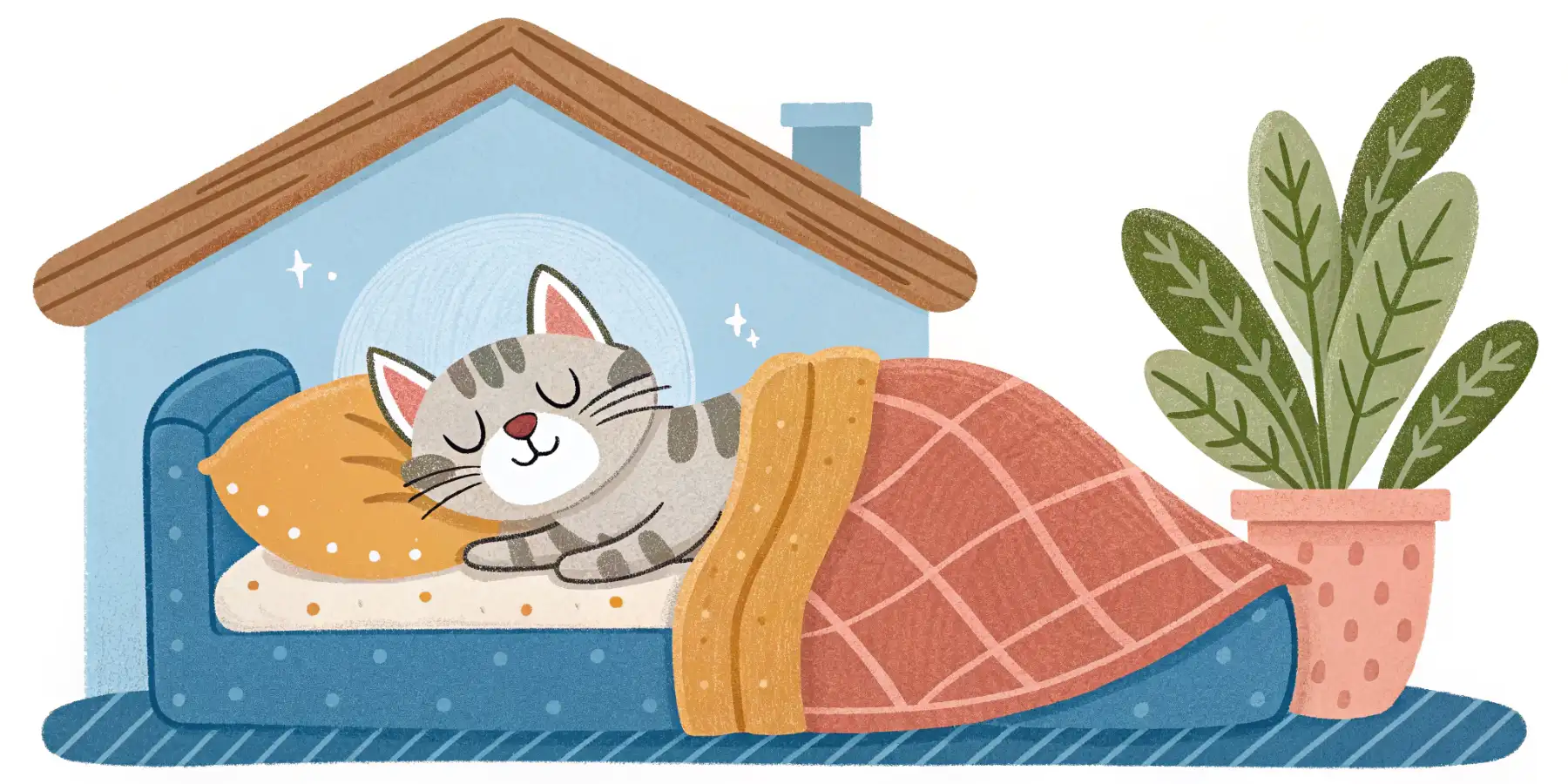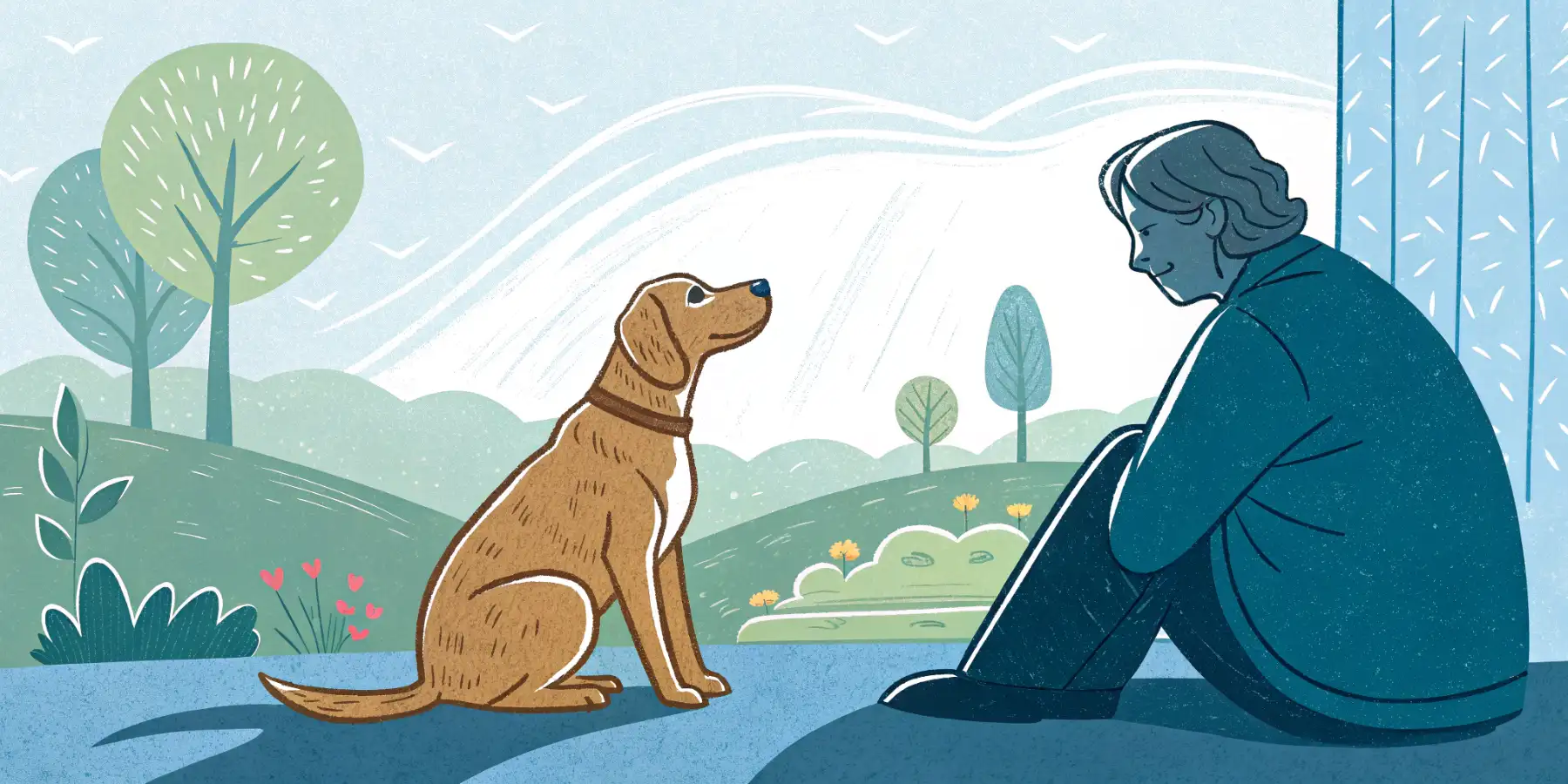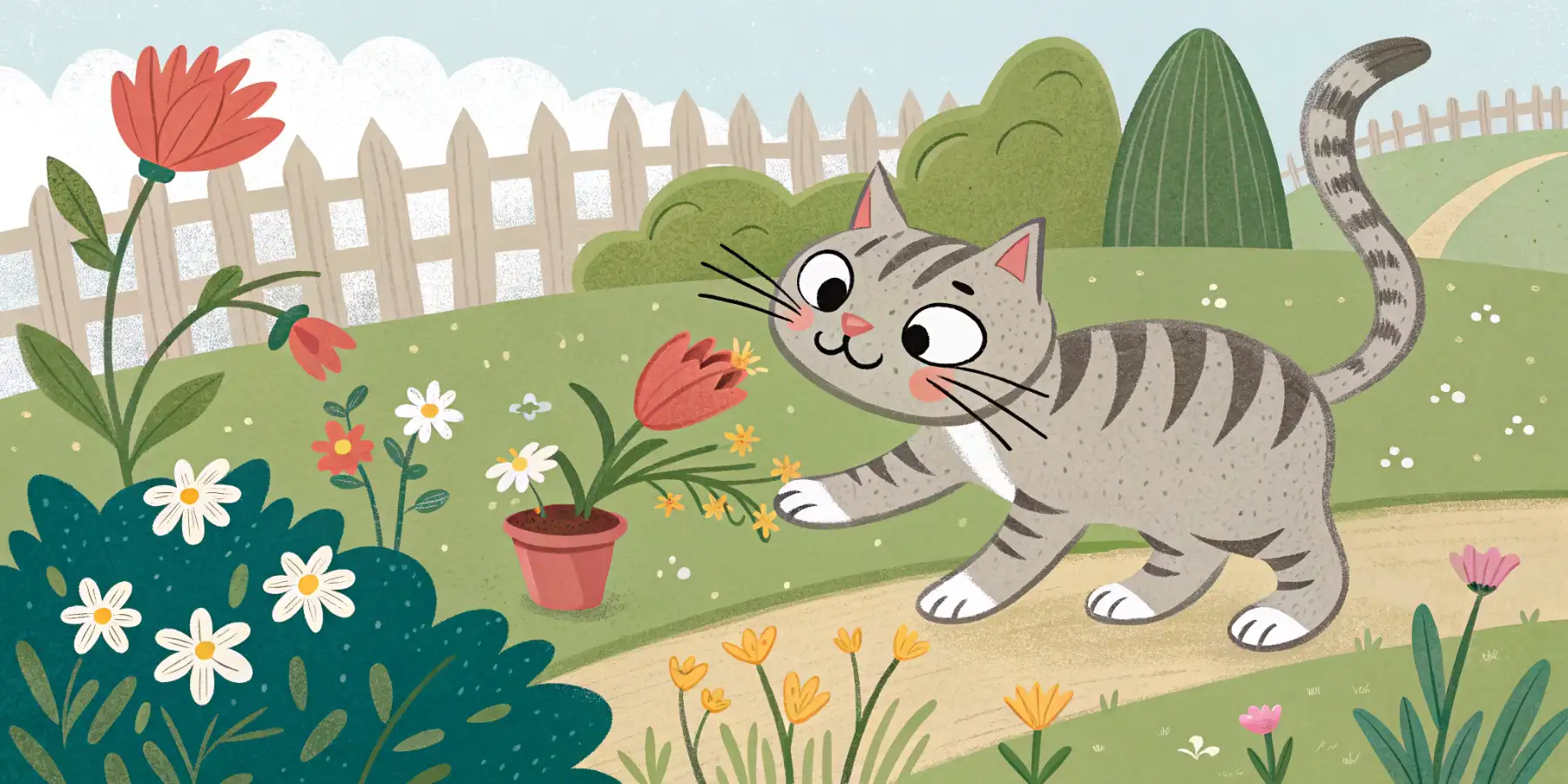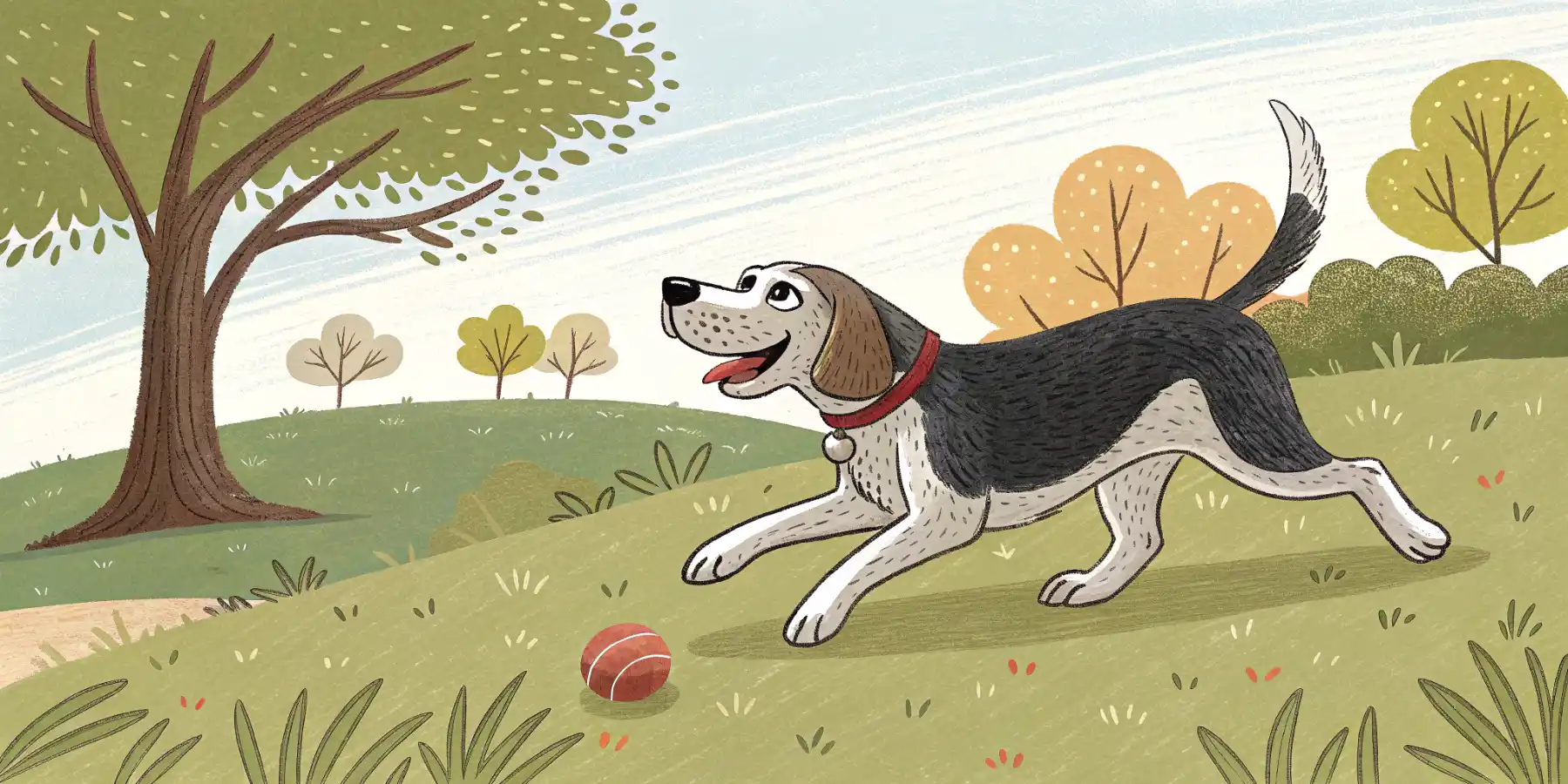
Senior Dog Incontinence: Causes & Solutions
Accidents happening? 🥺 Learn the causes of *dog incontinence* in senior pets & discover solutions for a happier, cleaner home!
Incontinence in Senior Dogs: Causes and Management Strategies
As our beloved dogs enter their golden years, they often face age-related health challenges. One common, yet often embarrassing, issue is urinary incontinence. Seeing your once perfectly house-trained companion suddenly having accidents can be frustrating and concerning. But remember, it’s important to approach this with empathy and understanding. Incontinence in senior dogs isn’t a reflection of their behavior; it’s usually a medical condition that can often be managed effectively.
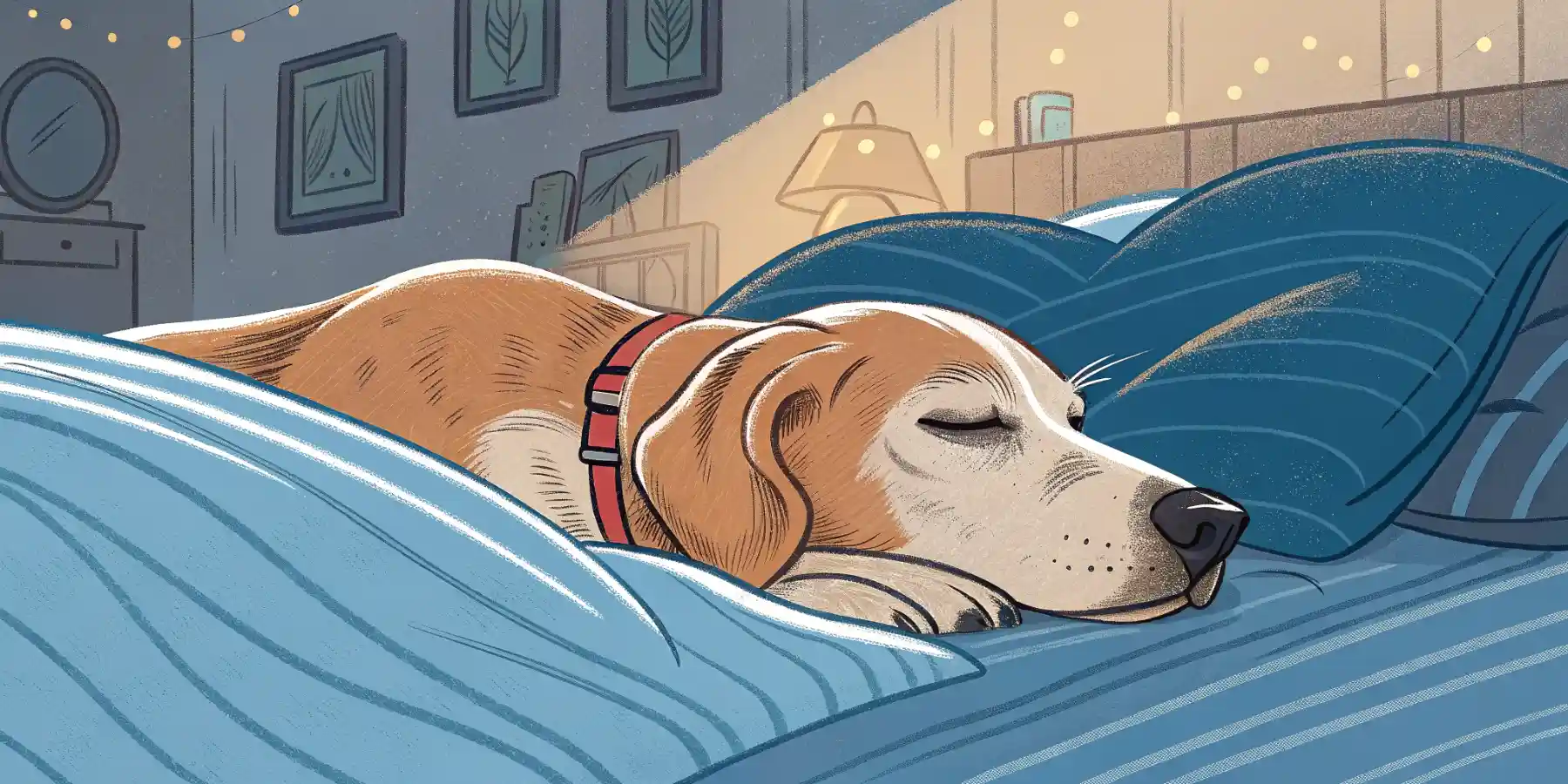 A comfortable bed is essential for senior dogs experiencing incontinence to prevent discomfort and skin irritation.
A comfortable bed is essential for senior dogs experiencing incontinence to prevent discomfort and skin irritation.
So, what exactly causes urinary incontinence in senior dogs, and what can you do to help your furry friend? Let’s dive in!
Understanding Canine Incontinence
Incontinence, simply put, is the involuntary leakage of urine. It’s different from accidents caused by a lack of training or behavioral issues. Incontinent dogs often don’t even realize they are leaking. You might find puddles where your dog has been sleeping, or notice a damp patch on their fur.
It’s important to distinguish incontinence from other behavioral problems such as submissive urination. Submissive urination usually happens when a dog is greeting someone, showing signs of anxiety, or feeling threatened.
Common Causes of Incontinence in Older Dogs
There are several reasons why an older dog might develop incontinence. Identifying the underlying cause is crucial for determining the best course of treatment. Here are some of the most common culprits:
- Hormone-Responsive Incontinence: This is more common in spayed female dogs due to a decrease in estrogen levels, which can weaken the urethral sphincter (the muscle that controls urine flow).
- Weakened Bladder Muscles: As dogs age, the muscles that control the bladder can naturally weaken, leading to decreased bladder capacity and control. Think of it like this: just as we find it harder to hold it as we get older, so do our dogs!
- Urinary Tract Infections (UTIs): UTIs can irritate the bladder and urethra, causing urgency and frequency of urination, which can sometimes lead to incontinence. Recurrent UTIs can be a real issue for senior dogs, so keeping an eye out for symptoms is vital.
- Prostate Problems: In male dogs, an enlarged or infected prostate can put pressure on the urethra, leading to leakage.
- Kidney Disease: Kidney disease can lead to increased urine production, overwhelming the bladder’s capacity and causing incontinence.
- Diabetes: Similar to kidney disease, diabetes can also cause increased thirst and urination, resulting in accidents.
- Neurological Problems: Conditions that affect the nerves controlling the bladder, such as spinal cord injuries or tumors, can disrupt bladder function.
- Cognitive Dysfunction Syndrome (CDS): Sometimes called “doggy dementia,” CDS can cause dogs to forget their house-training. In my experience, this is often accompanied by other changes in behavior, such as disorientation or altered sleep patterns.
- Certain Medications: Some medications can have diuretic effects, increasing urine production and potentially causing incontinence.
 An ultrasound can help diagnose the underlying causes of incontinence in senior dogs, like bladder stones or tumors.
An ultrasound can help diagnose the underlying causes of incontinence in senior dogs, like bladder stones or tumors.
Diagnosis and Treatment Strategies
If you suspect your dog is incontinent, the first step is to schedule a visit with your veterinarian. They will perform a thorough physical exam and may recommend the following diagnostic tests:
- Urinalysis: To check for UTIs, kidney disease, and diabetes.
- Blood Tests: To evaluate kidney and liver function, and screen for other underlying health conditions.
- X-rays or Ultrasound: To visualize the bladder, kidneys, and prostate, looking for abnormalities like stones, tumors, or enlargement.
- Neurological Examination: To assess nerve function and rule out neurological causes.
Once the cause of the incontinence is identified, your veterinarian can recommend the most appropriate treatment plan. Here are some common management strategies:
- Medications:
- For hormone-responsive incontinence, medications like phenylpropanolamine (PPA) or estrogen supplements can help strengthen the urethral sphincter.
- Antibiotics can treat UTIs.
- Medications can manage underlying conditions like diabetes or kidney disease.
- Surgery: In some cases, surgery may be necessary to correct anatomical abnormalities or remove tumors.
- Dietary Changes: Certain diets formulated for senior dogs with kidney or bladder issues can help manage incontinence.
- Frequent Potty Breaks: Increasing the frequency of potty breaks can help reduce accidents.
- Management Products: Using dog diapers or absorbent pads can help manage leakage and keep your dog comfortable. I believe that these can be a lifesaver, both for your dog’s comfort and your sanity!
- Maintain Hygiene: Regularly cleaning your dog’s bedding and bathing them can help prevent skin irritation and infections.
- Consider Acupuncture: I’ve seen some encouraging results with acupuncture for dogs experiencing incontinence due to nerve damage. It’s worth asking your veterinarian if this is an option.
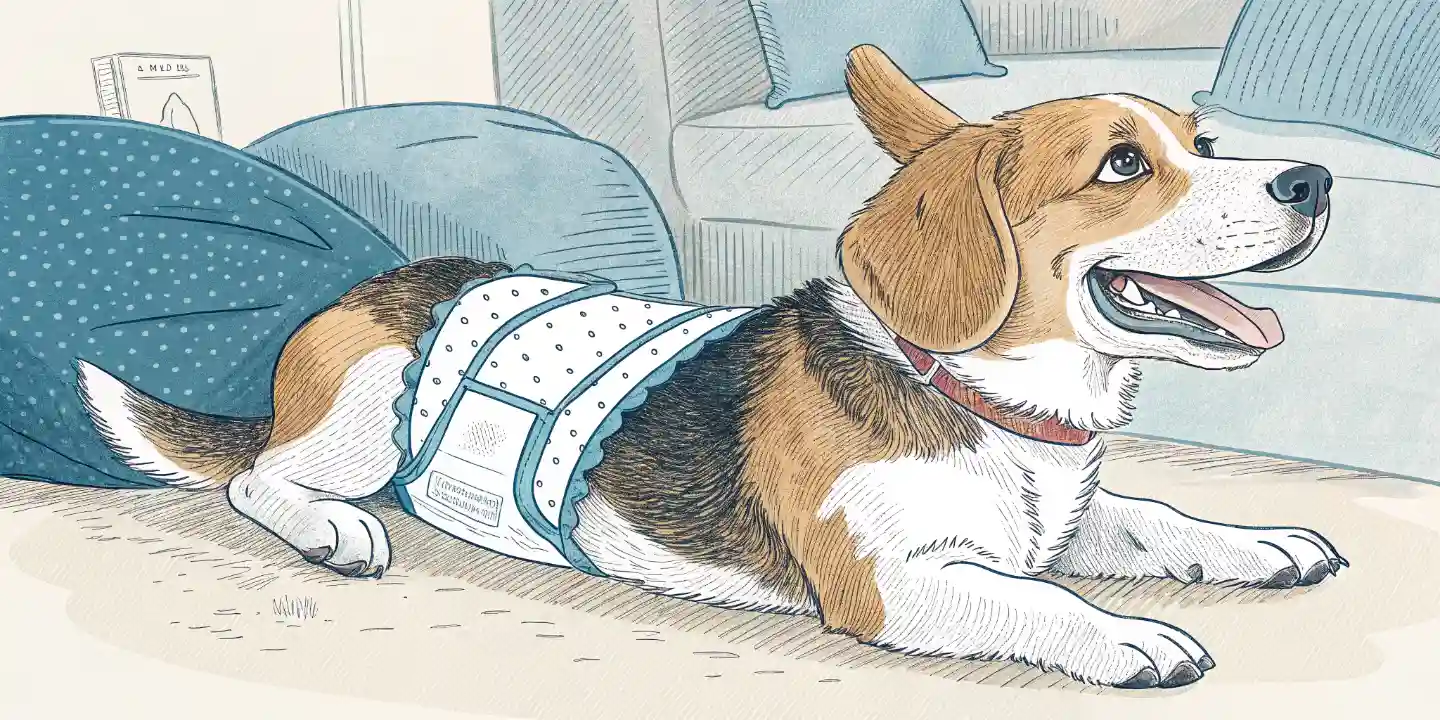 Dog diapers can be a comfortable and convenient solution for managing incontinence in senior dogs.
Dog diapers can be a comfortable and convenient solution for managing incontinence in senior dogs.
Living with an Incontinent Dog: Tips for Pet Parents
Dealing with dog incontinence at night or during the day can be challenging, but with patience and understanding, you can help your senior dog live a comfortable and happy life. Here are some practical tips:
- Be Patient and Understanding: Remember that your dog is not intentionally having accidents. Scolding or punishing them will only cause anxiety and confusion.
- Create a Comfortable Environment: Provide your dog with a comfortable, easily accessible bed and plenty of fresh water.
- Protect Your Floors: Use waterproof bedding, rugs, and floor coverings to protect your home from accidents.
- Maintain a Regular Routine: A consistent feeding and potty break schedule can help manage incontinence.
- Consult with Your Veterinarian Regularly: Regular checkups are essential for monitoring your dog’s health and adjusting the treatment plan as needed.
It’s important to also monitor your dog’s water intake. While adequate hydration is crucial, excessive water consumption can exacerbate the problem. Talk to your vet about the appropriate water intake for your dog’s specific needs. You may also want to provide water-resistant bedding to prevent skin irritation and discomfort for your dog.
Dealing with incontinence in senior dogs requires compassion, patience, and a proactive approach. By understanding the potential causes and working closely with your veterinarian, you can help your furry friend maintain a good quality of life in their golden years. Remember, your love and support are the most important things you can offer your aging companion.
